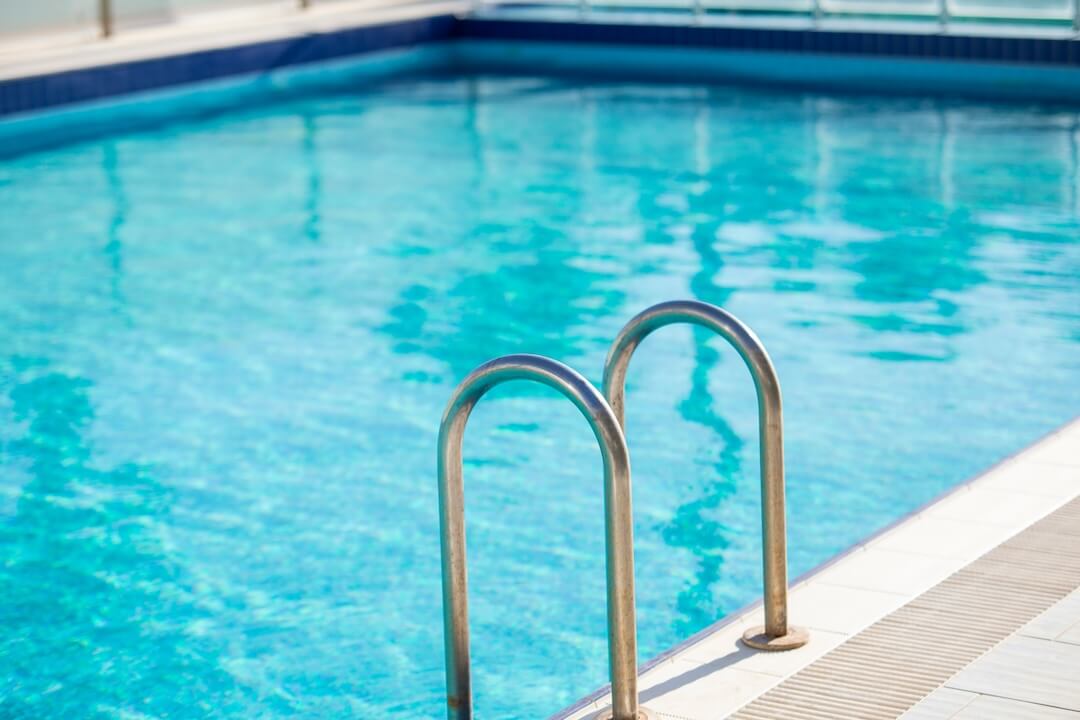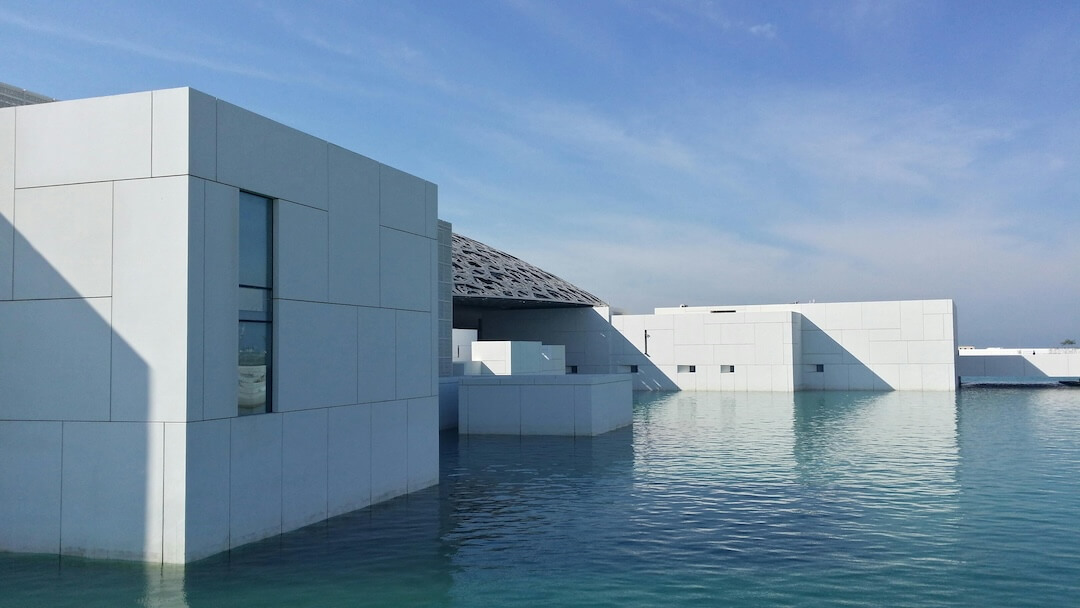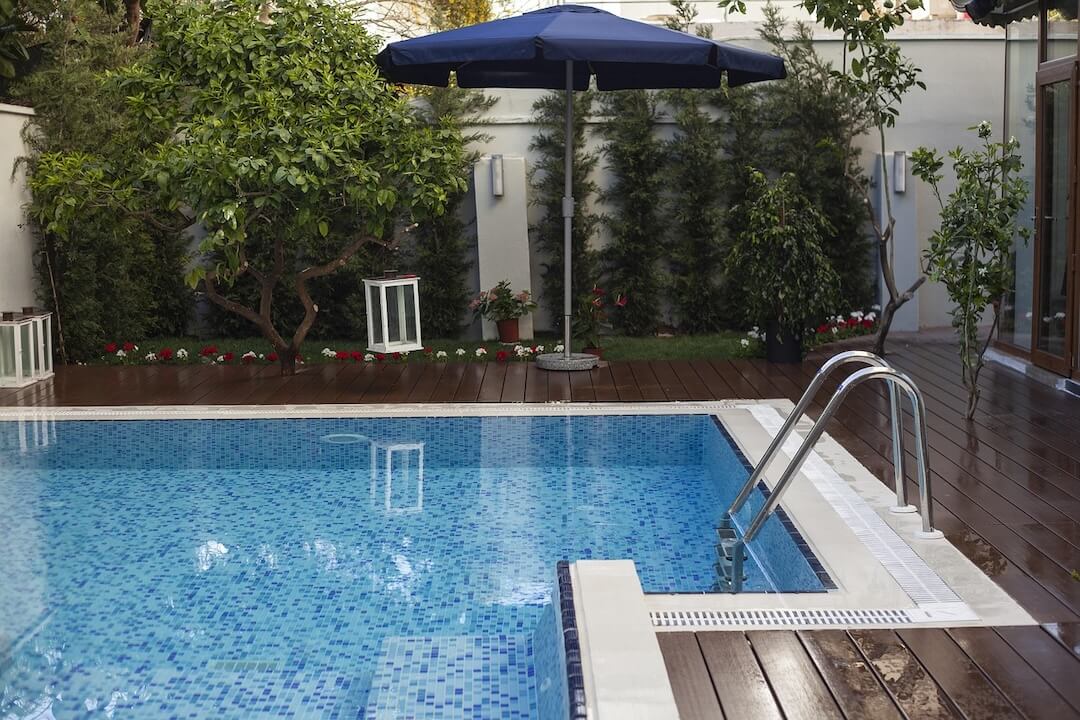How to Prevent Algae Growth in Your Pool

How to Prevent Algae Growth in Your Pool
Algae growth is one of the most common and frustrating issues faced by pool owners in Fort Lauderdale. The warm, humid climate of Florida creates perfect conditions for algae to thrive if proper measures are not taken. Preventing algae is much easier and more cost-effective than removing it once it has established itself in your pool. With the right maintenance routine and proactive steps, you can enjoy a crystal-clear swimming experience all year long. Here are comprehensive strategies for algae prevention specifically tailored to Fort Lauderdale pool owners.
Understand the Causes of Algae Growth in Florida Pools
Before diving into prevention techniques, it’s important to understand what causes algae to grow in Fort Lauderdale pools. Algae are microscopic plants that flourish in warm, nutrient-rich water. The main factors contributing to algae proliferation include poor water circulation, inadequate sanitation, high organic matter, and insufficient chemical balance. In Florida’s climate, sunlight intensifies algae growth, and frequent rain can introduce additional nutrients and debris into your pool. Recognizing these factors allows you to implement targeted prevention methods efficiently.
Maintain Proper Water Chemistry
One of the most critical steps in algae prevention is maintaining proper water chemistry. The ideal pH level for a pool in Fort Lauderdale is between 7.2 and 7.6. When pH is out of balance, chlorine becomes less effective at sanitizing, creating an environment conducive to algae growth. Regularly test your water using high-quality test kits and adjust pH and alkalinity levels accordingly.
Additionally, maintaining adequate chlorine levels—typically between 1.0 and 3.0 ppm—is essential. In Florida’s sunny climate, chlorine dissipates faster, so it’s necessary to check and adjust chlorine levels frequently during peak swimming season. Using chlorine tablets or granules ensures a continuous sanitizer supply, preventing algae spores from taking hold.
Use Algaecides as a Preventative Measure
In Fort Lauderdale, incorporating algaecides into your weekly pool maintenance routine is highly recommended. Choose a high-quality, copper-based algaecide designed for regular use. Proper application as per manufacturer instructions helps keep algae spores in check before they can grow into visible problems. For added protection, some pool owners opt for polymer algaecides that bind with organic materials, making it easier to remove debris and inhibit algae development.
Ensure Adequate Pool Circulation and Filtration
Good water circulation and filtration are vital in preventing algae. In Fort Lauderdale, where warm weather and frequent use can lead to stagnant water, ensuring your pump runs for at least 8-12 hours daily during peak seasons prevents dead spots where algae can settle.
Regularly clean and backwash your filter, whether sand, cartridge, or DE, to maximize its efficiency. A well-maintained filtration system removes algae spores, dirt, and organic debris, reducing nutrients that support algae growth. Consider upgrading to a variable-speed pump for better circulation control and energy efficiency.
Keep Debris Out of the Pool
Leaves, dirt, and organic matter are rich in nutrients that promote algae growth. In Fort Lauderdale, with its lush landscaping and frequent outdoor activity, debris can quickly accumulate if not managed properly. Use a skimmer net daily and keep your pool’s deck area clean to reduce the amount of organic material that enters the water.
Installing a cover during non-usage periods or storms helps prevent debris buildup and minimizes algae spores entering your pool.
Shock Your Pool Regularly
“Shocking” your pool means adding a high dose of chlorine to eliminate bacteria, algae spores, and organic contaminants. In Florida, it’s recommended to shock your pool every 1-2 weeks, especially during peak swimming seasons or after heavy rain. Use a calcium hypochlorite shock or a non-chlorine shock as per the manufacturer’s instructions.
Regular shocking not only keeps algae at bay but also helps maintain balanced chlorine levels, ensuring your pool remains clear and healthy.
Keep the Pool Covered When Not in Use
Sunlight accelerates algae growth, so minimizing UV exposure can significantly reduce algae development. In Fort Lauderdale, where sunny days are abundant, always cover your pool with a high-quality cover when it’s not in use for extended periods. A cover reduces sunlight penetration and helps retain chemical levels, making it harder for algae spores to thrive.
Maintain Proper Water Level and Prevent Stagnation
Stagnant water provides an ideal environment for algae. Regularly check your pool water level—it should be at the skimmer’s recommended height—and adjust as needed. If your pool has multiple skimmers or returns, ensure they are functioning correctly to promote consistent water flow.
Long periods of inactivity or low circulation periods, especially in Florida’s off-season, increase algae risk. Running your pump continuously during warm months and turning it on promptly after storms are effective practices.
Regular Pool Cleaning and Inspection
Consistent cleaning is fundamental for algae prevention. Brush the pool walls and floor weekly to remove any biofilm that algae may start to form. Pay special attention to corners, steps, and pool fixtures where algae tend to hide.
Inspect your pool equipment regularly for leaks or malfunctions that could disrupt circulation and sanitation. Prompt repairs help maintain optimal conditions for algae prevention.
Monitor and Adjust Chemical Levels After Rainfalls and Heavy Use
Florida’s weather can change rapidly, with thunderstorms and heavy rain diluting pool chemicals and introducing debris. After such events, test water chemistry immediately and adjust chlorine and pH levels accordingly. This proactive approach prevents algae spores from gaining a foothold and ensures your pool remains pristine.
Seek Professional Pool Maintenance Services in Fort Lauderdale
While routine DIY maintenance is crucial, enlisting professional pool maintenance services ensures your pool remains algae-free year-round. Our local experts in Fort Lauderdale can perform thorough cleaning, chemical balancing, and equipment inspections, providing peace of mind that your pool is optimally protected against algae growth.
They also offer customized treatment plans, including preventative algaecide applications and system upgrades, tailored to Florida’s unique climate challenges.
Final Thoughts
In Fort Lauderdale, maintaining a beautiful, algae-free pool requires consistent effort, proper chemical balance, good circulation, and proactive cleaning. By following these expert tips for algae prevention, you safeguard your investment, reduce maintenance costs, and enjoy a sparkling clean pool throughout the year. Remember, preventing algae is always easier and more cost-effective than removing it, so stay vigilant and partner with local pool professionals to keep your Florida oasis pristine. Contact our trusted Fort Lauderdale pool maintenance company today to learn more about tailored algae prevention solutions and enjoy worry-free swimming in your home paradise.



